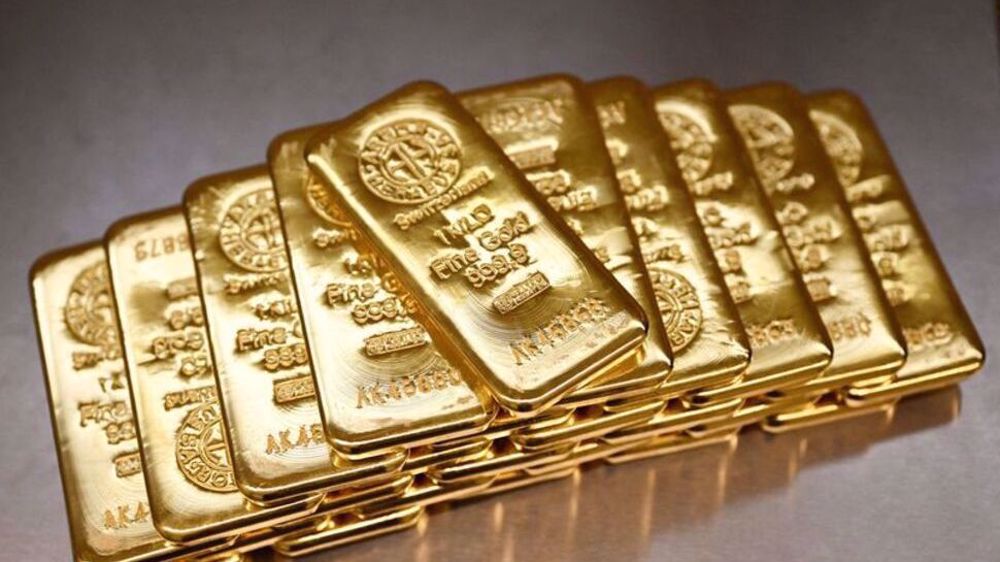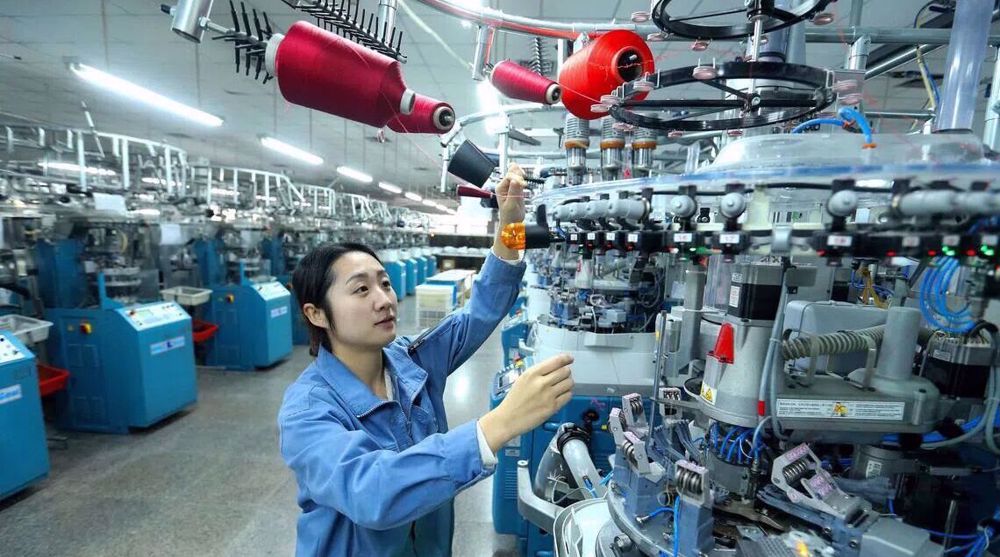OPEC keeps output ceiling of 30 million bpd: Saudi oil minister
The Organization of Petroleum Exporting Countries (OPEC) has decided to maintain its current output ceiling of 30 million barrels per day, following a semiannual meeting in the Austrian capital of Vienna, the Saudi oil minister says.
Saudi Arabia’s Oil Minister Ali al-Naimi was quoted by in a Friday AFP report as saying that the organization has kept the output ceiling at 30 million barrels per day.
Meanwhile, Iran’s Minister of Petroleum Bijan Zangeneh said after the Friday session that the decision was expected and nothing special happened.
“The members were told to keep the current ceiling especially since production had gone above the ceiling to some extent, we think if we adhere to the ceiling, we will not have [a] difficult month ahead,” he told reporters after the meeting.
The Iranian minister added that the Islamic Republic will increase its production to the levels that existed before sanctions targeted the country’s energy section.
“We don’t need any decision from the OPEC side for returning to the market because it’s our right and we have been limited by the sanctions and it’s a very normal and ordinary issue to return to the market with the ceiling that we had before, the quota we had before,” he said.
In comments made to Press TV, Zangeneh said that Iran will officially present a framework – devised to attract more investments – around September.
He also expressed dissatisfaction with the current oil prices, saying, “This level of price is not good for many of the OPEC members… for both investors and consumers, because the lack of investment will create a lot of difficulty in the long-term and mid-term.”
The remarks come as oil prices have rebounded since hitting a six-year low of USD 45 a barrel back in January. The prices, however, lost more than 5 percent this week with international benchmark Brent trading almost USD 62 on Friday.
OPEC, which pumps out about 40 percent of the world’s oil, has refrained from cutting its production to balance the market due to opposition from Saudi Arabia.
This is while Iran, Iraq, Venezuela, Angola and Ecuador, have all appealed for higher prices in a bid to encourage investment.
SSM/MKA/HJL
VIDEO | Press TV's news headlines
VIDEO | The reckless US
Qalibaf: Recent unrest a 'complementary link' in 12-day war against Iran
Ex-Israeli war minister: Iranian missiles inflicted heavy losses
Trump launches 'Board of Peace' seen as bid to control Gaza
Senior general vows swift response to any aggression on Iran
US federal immigration agents detain 5-year-old boy in Minnesota
Trump used presidency to pocket $1.4 billion in first year back in office: Report










 This makes it easy to access the Press TV website
This makes it easy to access the Press TV website